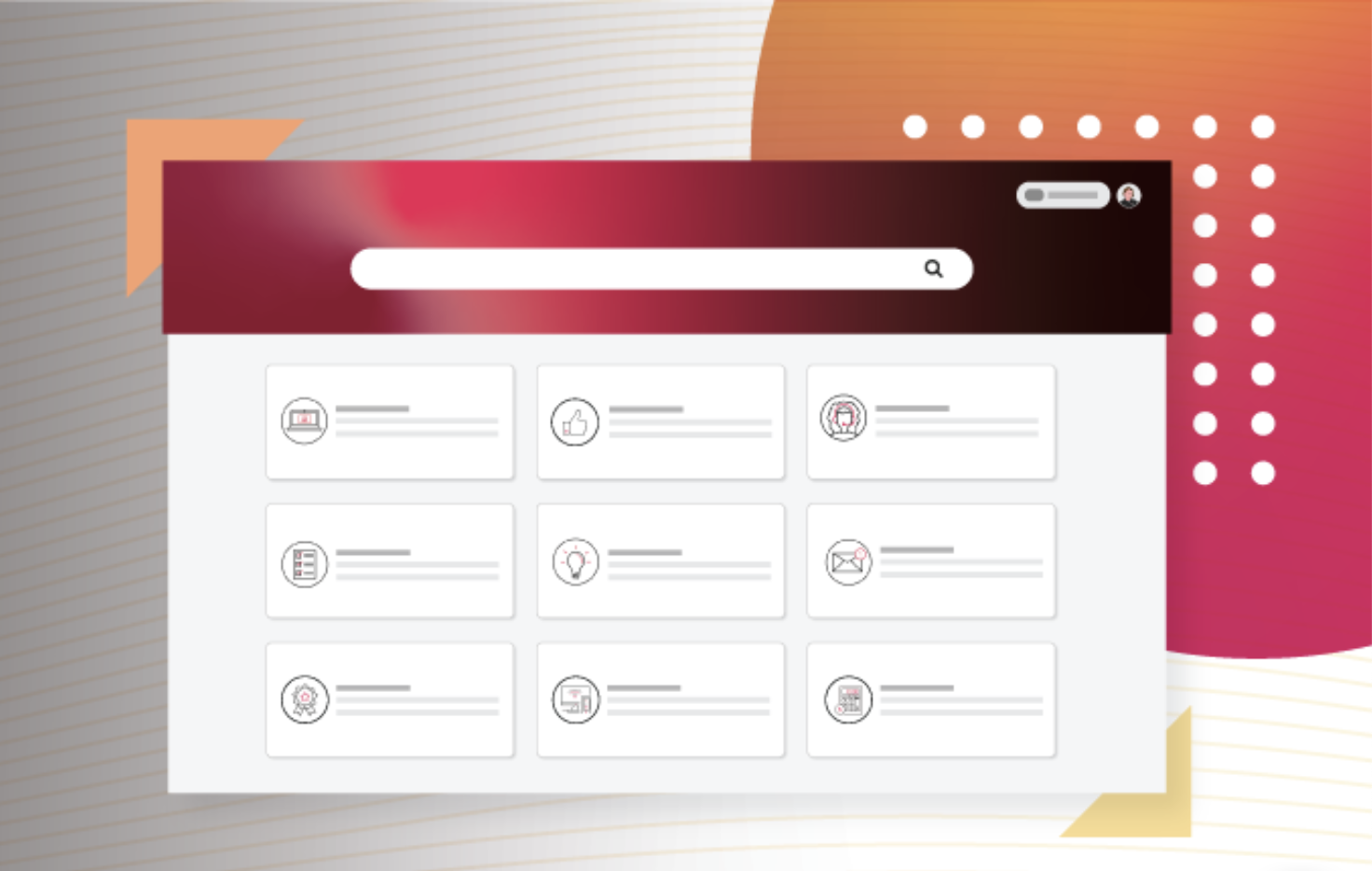Ask Powerful, Thoughtful Great Questions
Author: Kreisler Ng, Agile Practice Lead
Interviewer: “So do you have any questions for me?” (ending the interview)
Interviewee: “Actually I do! Thank you for the opportunity. Can you tell me a bit more about the the day-to-day activities for this role?”
Sounds fairly common as you wrap-up an interview. Nothing mind-blowing or controversial here. Do you see anything wrong?
Yes (but you knew that already). As a candidate this is a golden opportunity to separate yourself from the pack of ho-hum candidates that a hiring manager meets every week – do not let it slip away!
At Cprime, we interview thousands of people every year for a wide range of positions. Our mission is to make our client teams extraordinary and a key component of that is connecting great people with great organizations and great organizations with great people. It is about the human connection – about finding a great fit for all.
A big area I like to focus on is “fit”. Now fit is a huge, expansive word that can mean many things to many people with many different definitions, different spectrums, and within different contexts. I think of it more on the soft side of things – fitting in culturally. I typically assume most candidates can technically fit in by the time a resume sits in front of me. And as an interviewee you are interviewing the organization just like the organization is interviewing you. It is a two-way street; that’s what makes this healthy. Although many times, I find it one-sided. Or recently, what someone told me let’s rename interviews to a conversation or a discovery process. Sounds more fitting (no pun intended!).
So in order to separate yourself from the pack and really discover the role beyond the generic job description is to ask powerful, thoughtful great questions. Now, you get to turn the tide and make this truly a two-way street.
I find when candidates ask powerful, thoughtful great questions, I’m thoroughly impressed. None of the generic things such as:
- “How’s the work-life balance here?”
- “What kind of salary ranges are we expecting?”
- “How big is this organization?”
- “Can you tell more about Cprime?” (worst question ever)
I’m talking about questions that challenge me or I can tell the person thought critically about what they want out of themselves and out of an organization. It gives me insight into their thinking and who they really are. Questions like:
- “What are some things you find challenging in the organization? Or challenging in this role?”
- “What are some problems or opportunities the organization is facing?” (You can even queue in on how you can help here eventually)
- “Why should I not take this role?”
- “How would you describe yourself as a person or the team here?”
- “Why should I not join this role / organization?”
- “I have a work philosophy around work-life harmony. What are your thoughts in this space in general?” (note: I’m typically a fan of measuring outcomes, not by the number of hours someone works)
- “I’m very much a data-driven person. Would you say this organization operates in this fashion or is it more based on relationships or management?” (Love this question because it has told the organization who you are at the same time)
- “I struggle at times with details. I’m more of a strategy / ideas person. It is something I am working on actively. Is this role more on the details side or strategy side would you say?”
- “I’m a big believer in cultural fit. I was reading on your website the values and principles you live by. Would you say your team more or less follows these values/principles? Where does the team fall short or operate differently?”
- “I’m a big fan and believer in agile development. I understand every organization practices and interprets it differently. How does this group practice agile development? Can you explain in detail please?
So think about the last interviews you sat through? Did you ask powerful, thoughtful great questions?
In a job interview asking great questions is just as important if not more important than your responses to interview questions.


